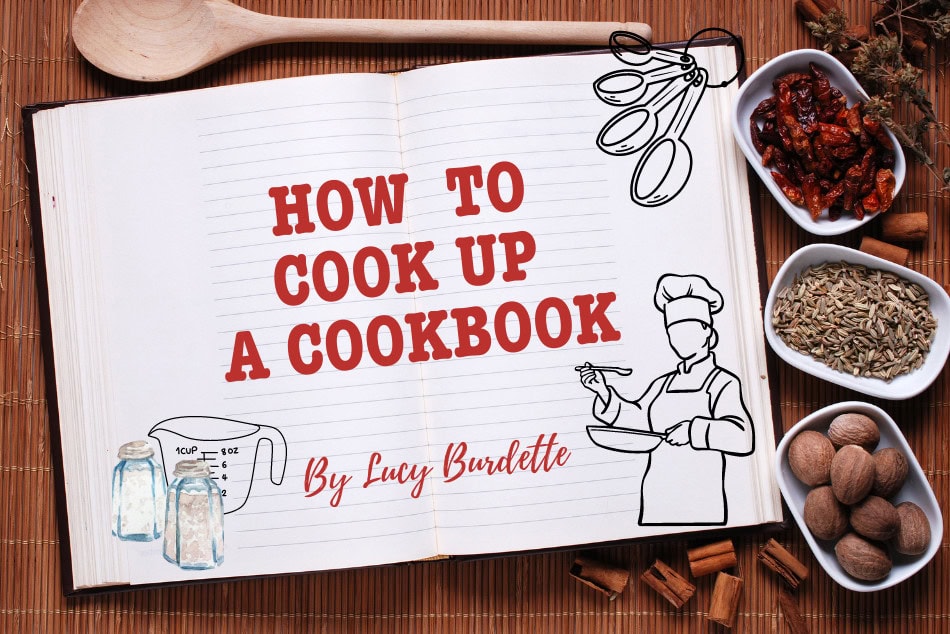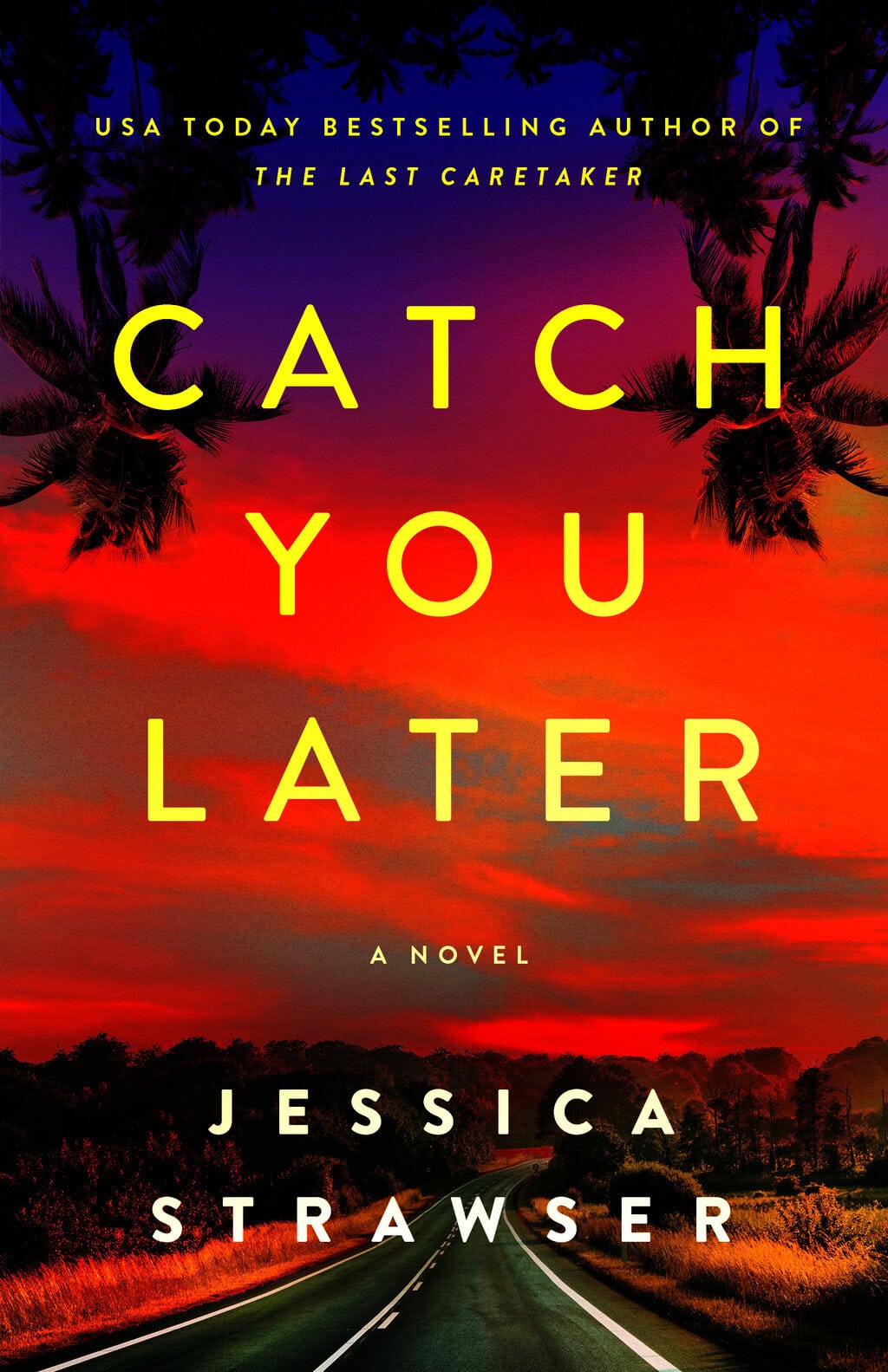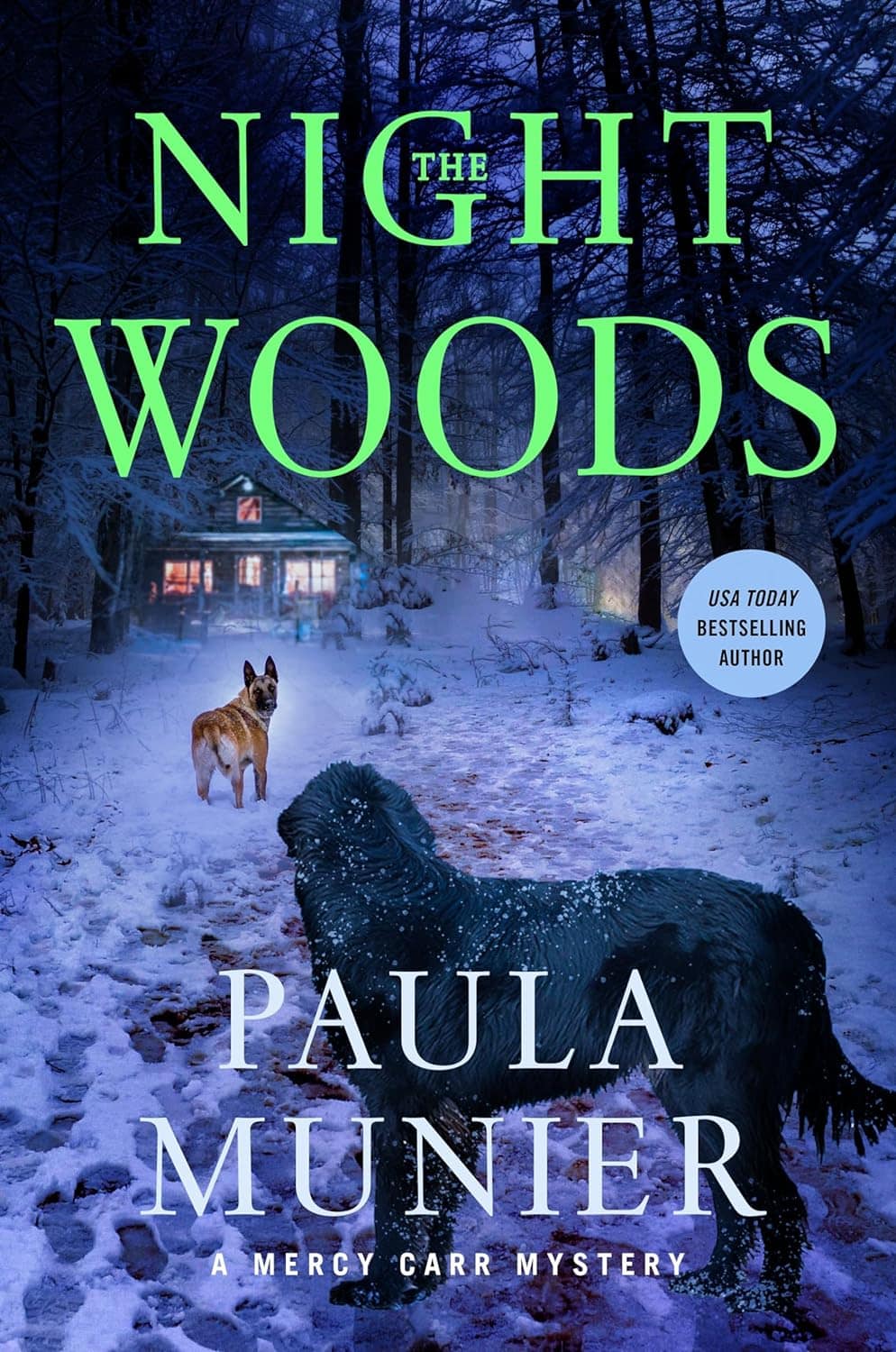I love to eat, and I come from a family of Very Good Eaters, though not gourmet cooks. So I wouldn’t have pictured myself writing one cookbook (Lucy Burdette’s Kitchen, Recipes and Stories from the Key West Food Critic Mystery Series hit e-book shelves on July 23) and editing another (the third edition of the Key West Woman’s Club Cookbook.)
In the 1990’s, I fell head over heels with Diane Mott Davidson’s culinary mystery series featuring caterer Goldie Bear and her detective husband Tom. Davidson didn’t just dump descriptions onto her pages, food and cooking were woven into the book to become part of her story. I always finished an installment wishing I could have been friends with caterer Goldy, sitting in her kitchen, tasting her food. She and her detective husband Tom believed that serving good food demonstrated comfort and love, but also, a lot of detective work occurred along the way. Davidson eventually produced a cookbook, Goldy’s Kitchen Cookbook, in 2015.
When I began my own culinary mystery series in 2012 with An Appetite for Murder, my editor kept calling for more food descriptions. With more food descriptions, it felt natural to follow Davidson’s lead and add recipes at the back of the book. The further I wrote into the series, the more serious student of cooking I became. After I’d written and published eight Key West novels, I began to muse about pulling the recipes together into an amateur cookbook of my own. Now, after 14 published books in the series, this has finally happened. Also, over this summer, I took on the job of editing the Key West Woman’s Club cookbook to celebrate their 110th anniversary. (Yes, I’m nuts!)
I’ve learned a lot with these projects along the way, and I share these thoughts with you.
It’s not only about the food
The best cookbooks are not only a collection of recipes but give the reader a sense of place, as well as a sense of the cook who wrote the book and prepared the food. In other words, cookbooks need a voice just as much as novels do. The Key West Woman’s Club cookbooks of the past did this, both celebrating Key West and the members of the KWWC. The photo shows one of my favorite examples, a paragraph from the introduction to the appetizer section in the 1949 cookbook. There’s a thin line between introducing a recipe with a homey and meaningful connection to your life and blathering on endlessly about each time you’ve made it. This happens more often on websites and blogs than it does in published cookbooks. But still, don’t do it. Study your favorite food bloggers and cookbook authors to see how their voices shine through.
Tip: Provide an introduction for each recipe to showcase your voice but keep it short and sweet.
Follow the rules
Be careful about copyright and use of another cook/author’s material. Don’t present a recipe from a magazine or cookbook or another chef and call it your own. The general rule of thumb is that a list of ingredients can’t be copyrighted. But you can get in trouble for copying specific wording in the directions, including explanations about how to make the dish. If you want to use someone else’s recipe, it should be rewritten in your own words. If it resembles the original, the writer should say ‘adapted from.’ If you were strongly influenced by another person’s recipe, you can say something like ‘inspired by.’
Tip: When, in doubt, change the recipe up to make it yours, and always give attribution.
Details are crucial
Editing and copyediting and general tedium are absolutely necessary to the process. For example, there is a big difference in taste between 1 teaspoon and 1 tablespoon of salt, even though the abbreviations are similar. One of my role models in the food world is David Lebovitz, author of eight cookbooks, a memoir, and a meaty newsletter about life in Paris. He said the following: “Writing a book means getting all the details right, from metric conversions to which type of cocoa works best, and explaining why, and what to do if you can’t get one over the other, etc., to making—and remaking—recipes up to a dozen times before getting them right (I always say, a cookbook author’s job is to make the mistakes…so you don’t!), all the while, letting your creativity flow, which is the most important part.” August 1, 2024
Neither my Lucy Burdette’s Kitchen nor the third edition of the Key West Woman’s Club cookbook take themselves too seriously. My book contains mostly the recipes that my characters make (including mistakes) along with snippets from the books in which they appear. I consider the Key West Woman’s Club cookbook to be a slice of history, more than a book of recipes to be slavishly followed. (It includes dishes such as turtle soup, bologna rolls, and conch salad.)
Tip: If you expect readers to cook from the book, the recipes should be as detailed as possible and should work as written.
Check your finances
Publishing a real cookbook is an expensive endeavor. Are you intending to present your book as a professional manual? Lucy Burdette’s Kitchen, for example, is offered as a companion to the mystery series, and it was published as an e-book without illustration or photos. I did prepare every dish included in the book, but often one time. The Key West Woman’s Club Cookbook’s purpose is to carry forward the history of culinary Key West. It’s illustrated with line drawings from the past and the present, and we did not test a single recipe! For professional cookbook author Dorie Greenspan, inventing the recipe is only the beginning. She describes her recipe tester Mary Dodd as “a kitchen detective, hunting down errors and inconsistencies.” After the recipe testing, she works with food stylists, prop artists, and photographers, to produce a final, beautiful, and expensive product like Baking with Dorie.
Tip: Decide how serious your book aspires to be because that will affect your bottom line both in terms of time and money.
Order up
Many cookbooks are organized according to the order in which you’d eat the dishes—for example, appetizers, main courses, vegetables and salads, desserts, or else by the meal itself (breakfast, lunch, snacks, dinner, and so on.) I chose to put the recipes in the order that they appear in the books. (Example, for the section based on An Appetite for Murder, key lime pie is followed by a leaning tower of eggplant, followed by molasses sugar cookies.) This wouldn’t work for most cookbooks. At my publisher’s request, I included an index arranged by meal.
Tip: Think through the concept of your cookbook as this will affect organization.
Decide on the management
Consider whether you’ll seek a publisher who will handle formatting, index, organization of recipes, etc., or whether you will handle this. Early on, I talked with cozy mystery writer Nancy Cohen, who published a cookbook from the perspective of her character. She hired and supervised a formatter and designer, and corralled proofreaders. Fortunately for me, Crooked Lane Books, who publishes my series, also published the Lucy Burdette cookbook. That meant I could send them a Word document including text and recipes, and not get involved with formatting. I did solicit proofreaders who were both good cooks and detail oriented.
Tip: Consider the many organizational details you’ll need to address before you have a finished project, and whether you’re willing and able to take this on yourself.
Whatever path you choose, enjoy the journey and bon appétit!
Have you ever thought about creating a cookbook? Let’s talk about it on the Career Authors Facebook page!
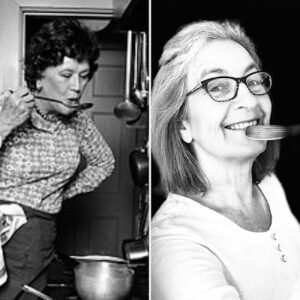 Clinical psychologist Lucy Burdette aka Roberta Isleib is the author of 24 mysteries, including the Key West food critic mystery series. Her most recent book, A POISONOUS PALATE, was published by Crooked
Clinical psychologist Lucy Burdette aka Roberta Isleib is the author of 24 mysteries, including the Key West food critic mystery series. Her most recent book, A POISONOUS PALATE, was published by Crooked
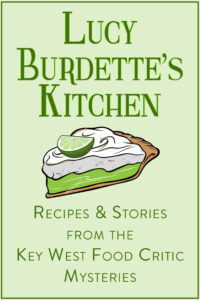 Lane Books on August 6. The e-book edition of Lucy Burdette’s Kitchen was published in July, with large print to follow in December. Both A POISONOUS PALATE and A CLUE IN THE CRUMBS were USA Today bestsellers. Crumbs won the Florida Book Award’s gold medal in popular fiction. A Dish to Die For and The Key Lime Crime won bronze medals for popular fiction from the Florida Book Awards. Lucy’s a past president of Sisters in Crime, and currently president of the Friends of the Key West Library.
Lane Books on August 6. The e-book edition of Lucy Burdette’s Kitchen was published in July, with large print to follow in December. Both A POISONOUS PALATE and A CLUE IN THE CRUMBS were USA Today bestsellers. Crumbs won the Florida Book Award’s gold medal in popular fiction. A Dish to Die For and The Key Lime Crime won bronze medals for popular fiction from the Florida Book Awards. Lucy’s a past president of Sisters in Crime, and currently president of the Friends of the Key West Library.
https://lucyburdette.com
https://www.penguinrandomhouse.com/books/746449/lucy-burdettes-kitchen-by-lucy-burdette/
https://facebook.com/LucyBurdette
www.instagram.com/LucyBurdette
https://www.bookbub.com/profile/lucy-burdette

